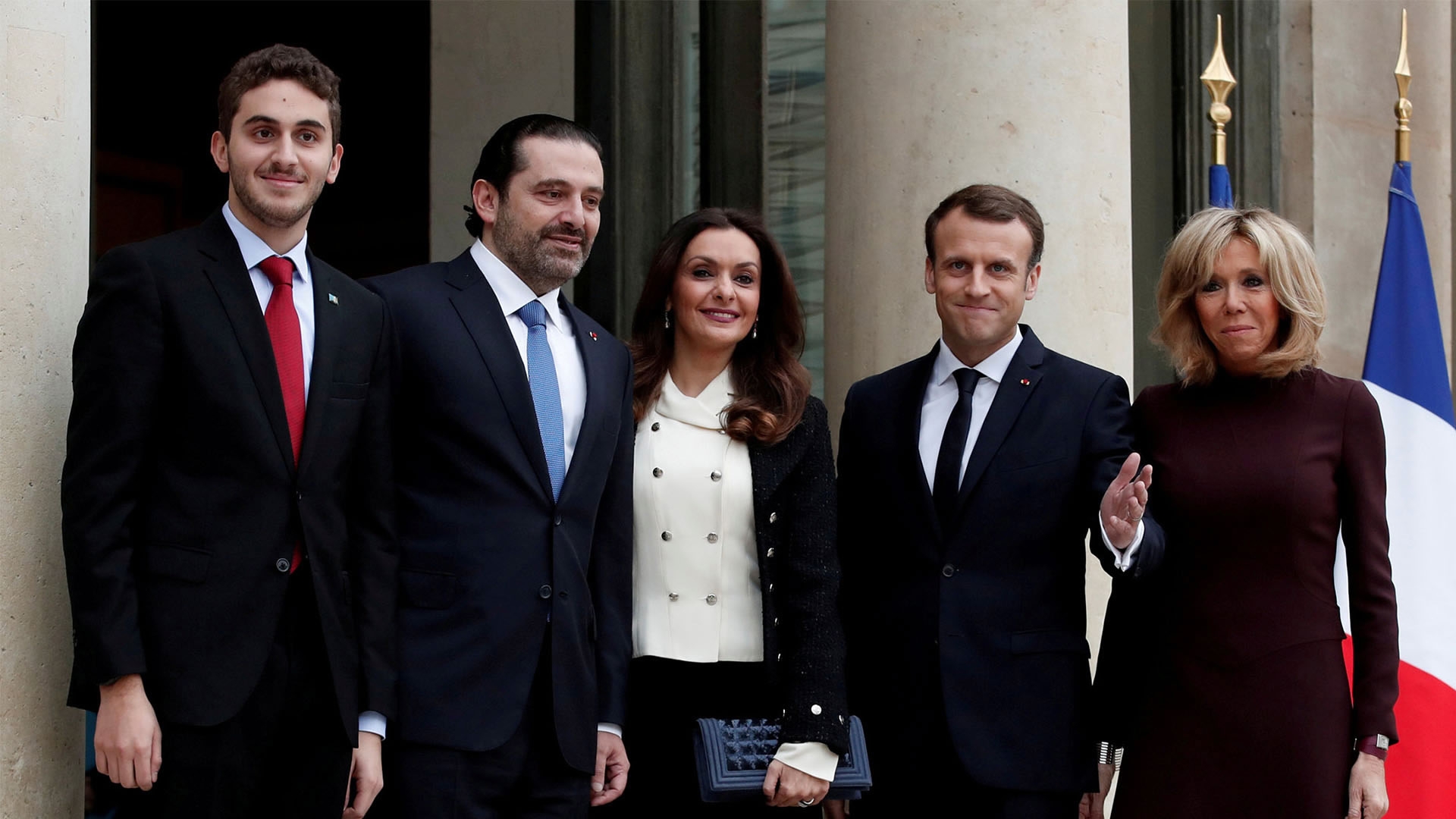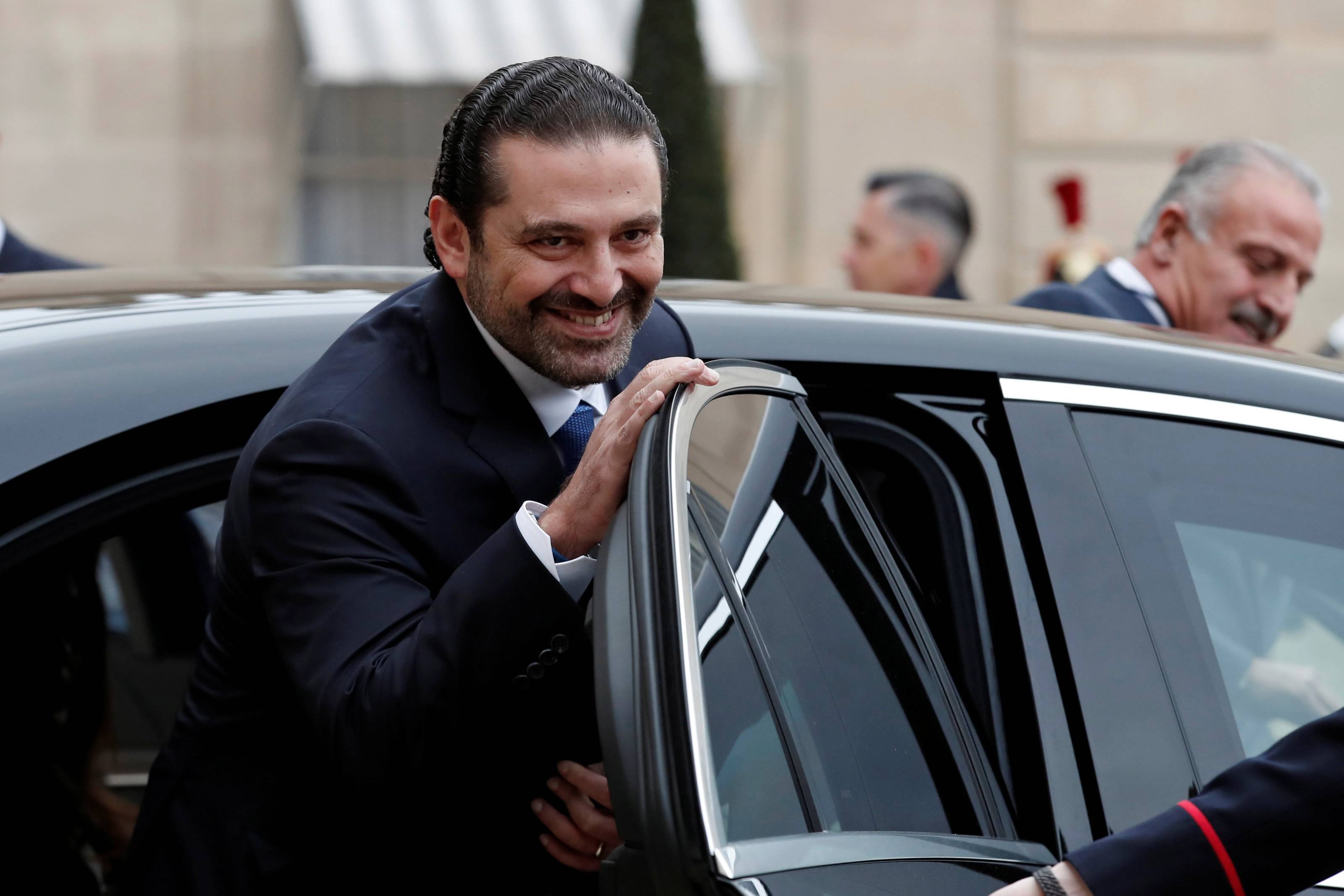
Politics
17:29, 19-Nov-2017
Expert: Hariri family has traditionally close relationship with France
By You Yang

Among mounting political crisis in Lebanon, the county’s Prime Minister Saad al-Hariri said on Friday that he would return to Beirut in the coming days.
Hariri made the remarks after holding talks with French President Emmanuel Macron as he was invited by France’s top leader to stay in Paris.
Although Macron has made it clear that his invitation should not be seen as political exile for Hariri, it is still interesting to see France showing such enthusiasm to Beirut's political issue.
"There are many reasons why France regards itself as the broker to solve this political crisis. Traditionally, we all know that Hariri's family has had a very close relationship with politicians in France. And he has all these kind of ties inherited from his previous generation," said Li Guofu, director of the Center for Middle East Studies at the China Institute of International Studies.
"Secondly from the geopolitical views, France always regards Lebanon as a region under its influence. Until the Second World War, Lebanon was a colony of France and most people in the country speak French. So France has so many ties and political interest in Lebanon," Li added.

Saad al-Hariri, who announced his resignation as Lebanon's Prime Minister while
on a visit to Saudi Arabia, gets into his car after a meeting with the French President
at the Elysee Palace in Paris, France, November 18, 2017. /Reuters Photo
Saad al-Hariri, who announced his resignation as Lebanon's Prime Minister while on a visit to Saudi Arabia, gets into his car after a meeting with the French President at the Elysee Palace in Paris, France, November 18, 2017. /Reuters Photo
Meanwhile, another key nation in the European Union also seems to be drawn into the vortex involuntarily. Saudi Arabia has recalled its ambassador to Germany following comments made by German Foreign Minister Sigmar Gabriel, who alleged that Hariri was being held in Riyadh against his will.
"Saudi Arabia believes the Lebanese issue is [a matter] between Saudi and Iran. If you are taking a neutral position, like what Germany did, which means you are not supporting Saudi Arabia, or even means you are against Saudi Arabia. That's why they take it very seriously," Li explained.
But the expert of the Middle East studies also believes that the current rift between Berlin and Riyadh will not incur substantial damage to bilateral relations.
"I think the German Foreign Minister has explained clear enough, this is a misunderstanding between the two countries. Considering Berlin's value in the European Union, Riyadh will take it seriously and the disputes will be solved," he elaborated.

SITEMAP
Copyright © 2018 CGTN. Beijing ICP prepared NO.16065310-3
Copyright © 2018 CGTN. Beijing ICP prepared NO.16065310-3